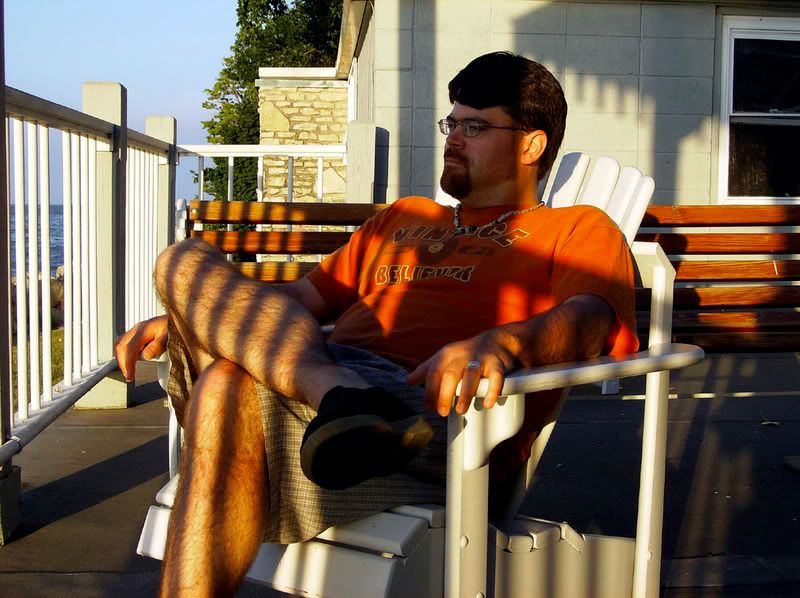I have been a "member" (both highly active and not so active) of a religous order dedicated to sacramental and liturgical scholarship, education and practice.
I came back to the Christian faith through the Eastern Orthodox Church where the liturgy in worship is the work of the people--the entire Divine Liturgy of St. John Chrysostom is sung by the people gathered for worship, not just the opening hymn, a gradual or sequence hymn and then a closing hymn with the responsive psalter stuck in for good measure--the entire liturgy is sung by the people.
I write this to challenge my brothers and sisters of the Order to move beyond the protection of Word and Table as "liturgical scholarship" and get back to the roots of worship--a life transforming encounter with the living God that moves us into the world to live what we beleive. If sacramental and liturgical scholarship, education and practice means "accept word and table or leave" then I will leave.
Our own tradition speaks to worship as follows:
"It is not necessary that rites and ceremonies should in all places be the same, or exactly alike; for they have been always different, and may be changed according to the diversity of countries, times, and men's (sic) manners...Every particular church may ordain, change, or abolish rites and ceremonies, so that all things may be done to edification."
and
"We believe the order of public worship need not be the same in all places but may be modified by the church according to to circumstanes and the needs of men (sic). It should be in a language and form understood by the people, consistent with the Holy Scriptures to the edification of all, and in accorance with the order and Discipline of the Church."
Let me point out the word that sticks in my spirit--edification.
edification -- n. Intellectual, moral, or spiritual improvement; enlightenment.
So if worship is--by our tradition's historical statements--for the intellectual, moral, or spiritual improvement or enlightenment of all people, if worship CAN BE CHANGED(and some might read should) for the edification of the locally gathered community of faith (not to mention the local community searching for faith) we cannot allow ourselves to protect a specific order of worship for the sake of unity of uniformity.
We can't do it because it is killing the church.
We can't do it because it no longer speaks to all people in a meaningful way that leads to an encounter with the living Christ. I'm not saying we must abolish Word and Table altogether, but we cannot protect it from alteration, we cannot protect it from contemporization, we cannot place it on the altar and worship it as if the liturgy itself were God.
My liturgical scholarship--which is anything but extensive--leads me to believe that the liturgy must be by and for the people, so that the people meet God and carry that encounter into the world. If the liturgy isn't the work of the people then it's not liturgy by the very definition of the word.
But more than just clinging to definitions, I cling to the desire to see people of faith living their act of worship every day of their lives. That is the most meaningful liturgy ever.
I'll send my stuff back if you're ready to excommunicate me. But the heart of my liturgy are the words "make this be for us the body and blood that we may be for the world by the body of Christ redeemed by his blood." Those words are etched into my very soul--but I don't need to say it word for word to let God do the work that God will do. Nor do I have to follow the suggested order of worship printed inside of my hymnal.
All I have to do, all I want to do, is let the people entrusted to my care meet with God who is love, love God who is love, be transformed by God who is love, and leave the worship gathering wanting to share that living encounter with the God who is love.
I think I've gotten the bulk of it out--but I don't think this "manifesto" will ever be complete. I still beleive that liturgy is important, but it has to be meaningful and relevant. I still believe that sacraments are God's gifts to us for the sake of inner transformation, and they should be part of every worship gathering. But I refuse to believe that what reached and was relevant to "normal people" 50 or 60 years ago will reach and be relevant to "normal people" today.
Wednesday, January 23, 2008
Subscribe to:
Post Comments (Atom)

No comments:
Post a Comment